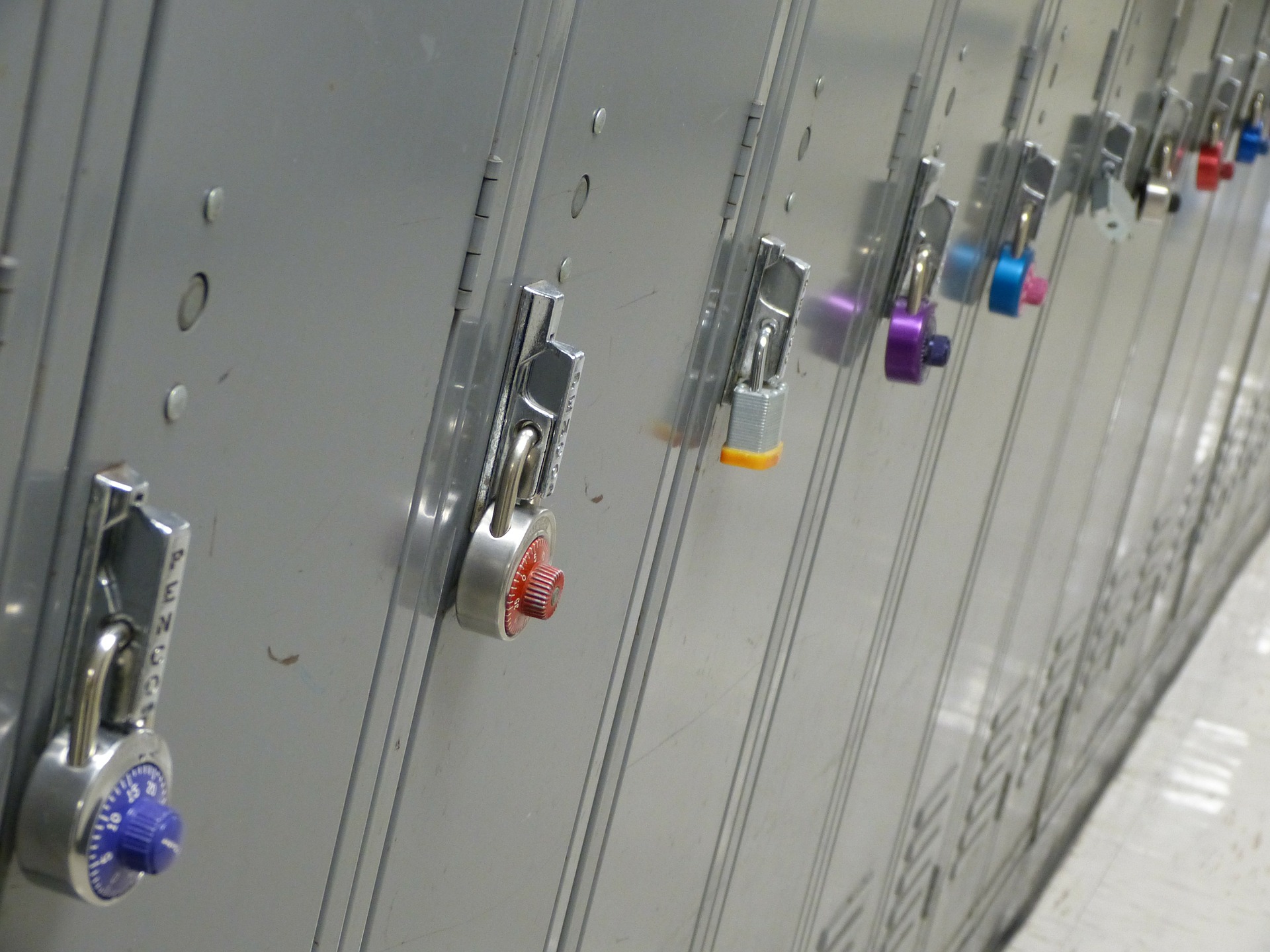November Monthly Action Plan – By Grade
Seniors
- Keep writing apps, and make sure you are aware of early merit deadlines. Many are earlier than the RD deadline. Please do not save essay writing (or any part of this process) for the last minute. Submit applications as soon as possible!
- Track your application status. Once your applications have been submitted, you often are provided a “portal” from each school. You need to check this periodically (and be checking your email every day too!). You track the status of your app to ensure schools receive all of your application materials. Follow up with your school counselor ASAP if a school is missing your transcript or a letter of recommendation. *Do not expect portals to be updated automatically; give schools some time and do not immediately email if you sent something but it is not reflected in your portal. They don’t like getting emails asking why it is not updated when you just submitted…two days ago. Expect things to be slow this year as many schools are working in hybrid formats/not everyone is on campus at all schools, etc. Check your JUNK/SPAM email folder regularly (daily) so you do not miss correspondence from schools. This directly applies to the point above.
- Continue connecting with students, faculty, and staff. Remember to interview where applicable and take lots of notes. The information you gather is often perfect material for supplemental “Why School” essays and interest letters after you apply!
- Keep learning about the schools on your list. If your school hosts a college fair or individual college visits (virtually this year), please attend and meet the reps from the schools on your list. If you have already met them, it is still beneficial to stop by and say hello to demonstrate interest.
- Prep for interviews. Remember, if the schools on your list have on-campus or local interviews that are candidate-initiated, you must schedule them. Check the schools on your list. All of this information is provided on schools’ admissions websites.
- Have standardized test scores sent to all of the colleges on your list, if required; please send scores now so they arrive before RD deadlines. Some schools no longer require you to send officials, so please review each school’s application instructions to confirm. You can also review the list here: https://www.compassprep.
com/self-reporting-test- scores/ *there is no penalty if you send them and they are not required at the time you apply. And if you are applying test-optional, this does not apply to you!
Juniors
- If you look at your resume, are your academic interests clear? If yes, then your academic narrative is developed. A clear-cut academic narrative is beneficial; if you are undecided, then you should be exploring multiple interests. It is okay to be undecided as long as you are actively working on finding your niche. Please keep in mind that colleges aren’t looking for you to have it all 100% figured out; they are more concerned that you have interests and that you act on them (they want to see that you are intellectually curious and act on that curiosity!).
- Now is the time to plan the rest of junior year in terms of testing. When will you take the ACT or SAT? Should you take SAT Subject Tests? How many and which ones? When might you take them? Have you started formal test prep? Now is the time to start! If you need test prep resources, please reach out.
- Visit the websites of the schools you are interested in, and explore the admissions and academics pages. Start to think about your major(s) of interest and how the activities you are involved in support these interests. If possible, we want to determine what major(s) options you will list on your applications sooner rather than later so you can best prepare yourself for talking about these interests in your apps. If you need suggestions for activities based on your interests (for example, Coursera courses, independent projects, etc.), let us know—we help with this!
- Fall is a great time to visit colleges (virtually or in-person if you can), so plan some visits. Schools are offering many online opportunities, so take advantage of them now. Whether you can get to campus or not, take virtual tours via CampusReel, too.
- Do you have a plan in place to get more involved with any of your extracurricular activities? Look for leadership opportunities in school clubs and activities outside of school too. Remember, leadership is far more than leading a school club or sports team. Read more here (What is Leadership)!
Sophomores and Freshmen
- An impressive academic record is the most important admissions factor at most colleges. A rigorous course schedule shows intellectual curiosity, a willingness to challenge yourself, and that you are comfortable with hard work. Your number one priority this year should be your grades!
- If you haven’t done so already, get involved in activities in your area(s) of interest both inside and outside of school. Seek out opportunities to develop leadership roles. Depth, not breadth of experience, is key. Most colleges prefer to see fewer activities, but in which you are involved in a significant, meaningful way. Evidence of leadership, initiative, commitment, and meaningful engagement is important. Avoid the laundry list resume.
- Starting your own club, website, or community service project can show initiative, dedication, and leadership. If you are interested in creating an opportunity for yourself that is not available at your school or through a formal program, contact us, because we can help!
- Schedule a meeting to discuss your high school game plan with your guidance counselor. Your guidance or college counselor will write you a letter of recommendation when you apply to college, so make an effort to get to know them and for them to get to know you.
*Stay in the know! Subscribe*









